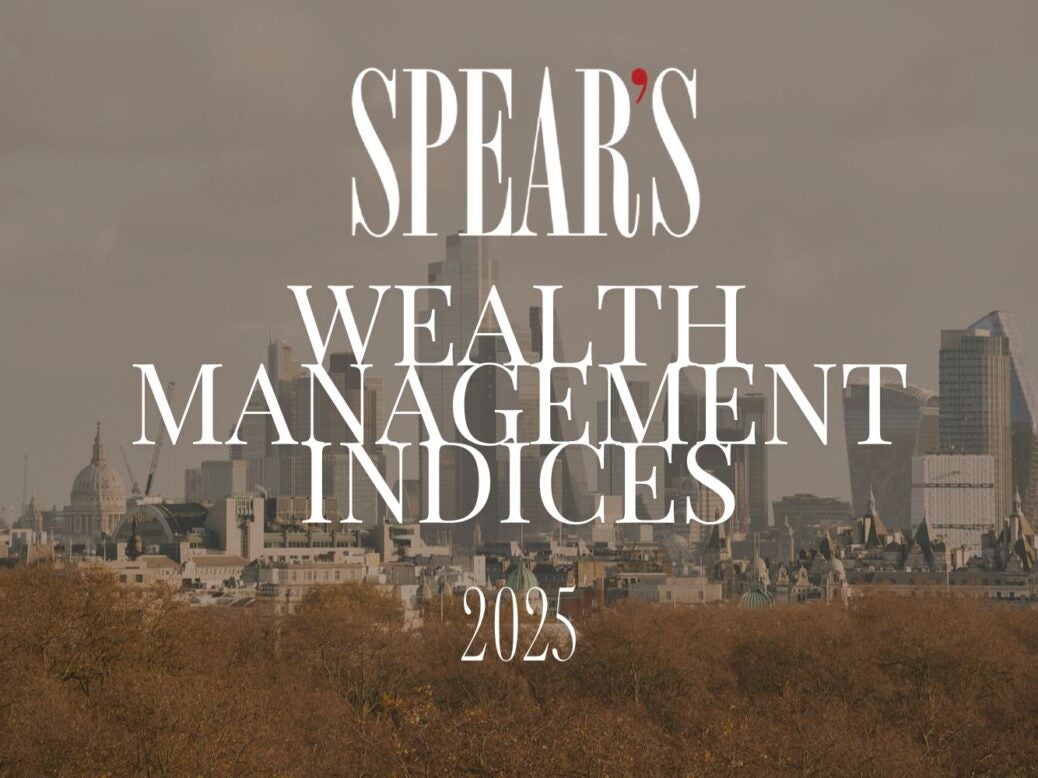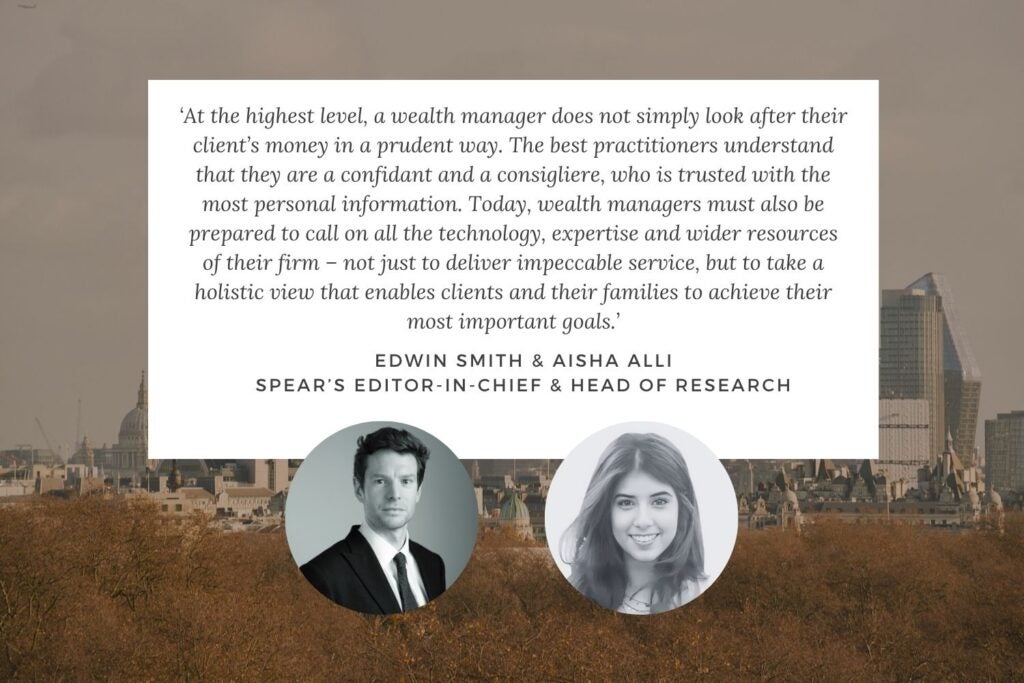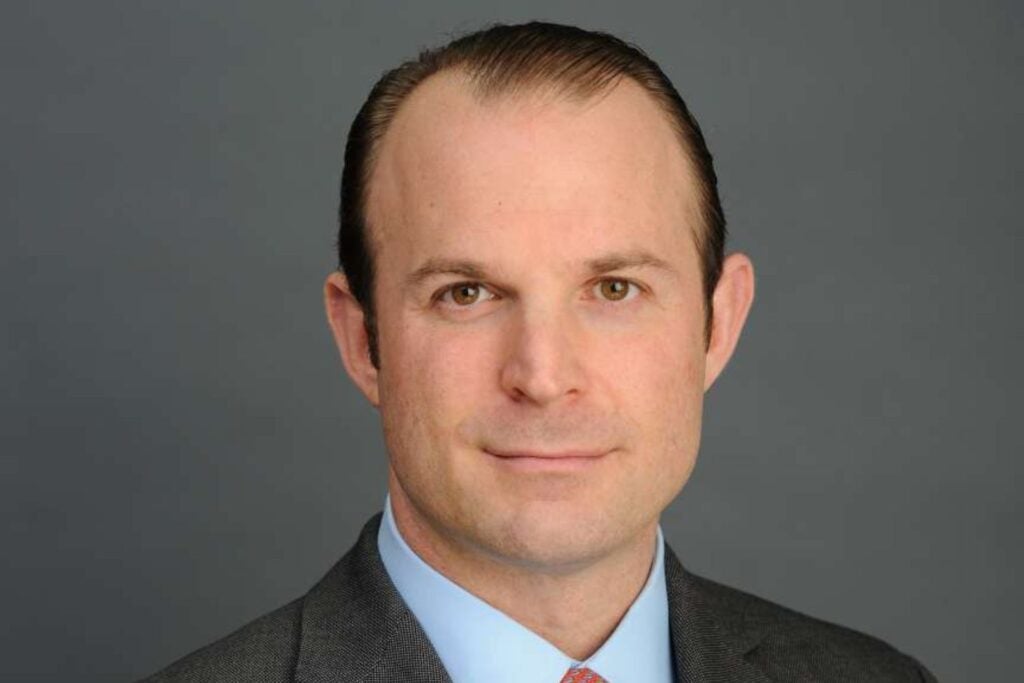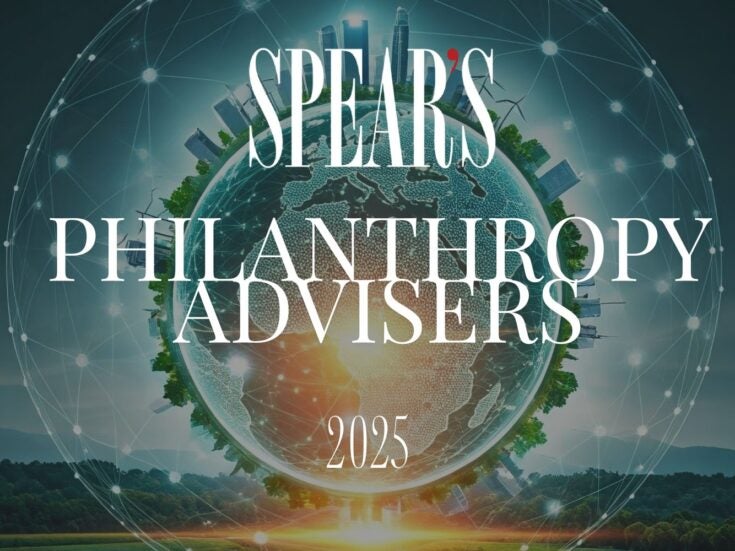
High-net-worth and ultra-high-net-worth individuals face rising levels of uncertainty, with political upheaval and economic turmoil affecting their lives and finances. That’s why the Spear’s Wealth Management Indices remain an indispensable tool for the world’s wealthiest and the private client advisers who service them.
But rather like the HNWs and UHNWs they serve, wealth managers are facing a year of unprecedented change. Amid economic uncertainty and the looming great wealth transfer, clients are demanding personalised, tech-enabled services and a broader range of investment options, including alternatives and digital assets.
It’s therefore crucial that advisers play a leading role in spearheading these tricky conversations with their multi-generational clients. In compiling the 2025 edition of the Spear’s Wealth Management Indices, our Research Unit spoke to the experts to find out which factors are shaping, or set to shape, the wealth management sector.
Click the links below to jump to a section of this article:
- How the wealth management landscape is changing in 2025
- Explore the 2025 Spear’s Wealth Manager Indices
- Methodology
- Contact us

Explore the 2025 Spear’s Wealth Manager Indices:
- Best UHNW Wealth Managers
- Best HNW Wealth Managers
- Best Wealth Managers: Jersey
- Best Wealth Managers: Guernsey
- Best Wealth Managers: Singapore
- Best Wealth Managers: Switzerland
- Best Wealth Managers: Middle East
- Best Family Office Advisers
- Best Generational Wealth and Family Business Advisers
How is the wealth management landscape changing in 2025?
Mergers and moves
Wealth managers are increasingly forced to adapt to a shifting economic landscape and evolving client expectations, striving to stay ahead as global volatility creates waves through the industry.
This year has been marked by several high-profile mergers and strategic moves across the private banking sector. Camilla Stowell, head of private clients at Coutts for nearly a decade, left the storied private bank to ‘pursue an opportunity outside the group’ (later revealed to be Wealth CEO at Rathbones). Her departure came just months after Coutts appointed a new chief executive, Emma Crystal, formerly head of sustainable finance at UBS.
J.P. Morgan announced that Spear’s Power List honouree, Oliver Gregson, head of its private bank operations across the UK, Channel Islands and Ireland, would also be stepping down. Gregson, who has held the role since 2016, will join Schroders in June as CEO of wealth management, overseeing its Cazenove Capital arm.

One insider told Spear’s at the time that these moves reflected a wider picture of ‘really big structural change in private banking’.
‘Wealth creation has ground to a halt… and if you don’t have new business, you have to steal it off other people,’ they said. Do these moves represent a shift towards more marketing-driven leadership models, as some observers believe? Watch this space.
The Trump factor
Outside factors have had a huge impact on wealth management and private banking, none more so than Donald Trump’s return to the White House, which has triggered great political and economic instability.
The US president’s so-called ‘Liberation Day’ in April, when the Trump administration announced sweeping tariffs on imports from around the world, sparked significant volatility across global markets. A block by the US trade court in May on many of the president’s tariffs could be temporary if Trump’s team have their way, but for the time being, the tit-for-tat trade war has at least simmered down.

But even before the tariff war, the industry was jittery. One in three wealth managers in the US reduced their exposure in the first three months of the year, the ARC Market Sentiment Survey Q1 reported, indicating a prevailing sense of caution. Conviction levels fell across all asset classes, most notably in US investments, with the largest negative sentiment swing towards US exposure in 15 years.
Super-rich flee Britain
On this side of the Atlantic, the Labour government has brought further unease to HNWs, with the party’s policies targeting the non-dom tax regime and private schools leading to an exodus of the wealthiest from Britain.
Driven overseas by a combination of government tax hikes, continued fallout from Brexit and the sharp fall in the pound’s value, 18 centimillionaires (those with a net worth of $100 million or more) and two billionaires were among the estimated 25,000 wealthy that left London last year, according to a Henley & Partners World’s Wealthiest Cities report from April.
The rise of AI
Wealth managers must integrate artificial intelligence into their services or risk losing relevance, according to EY’s latest Global Wealth Research report. As client expectations evolve, nearly half of ultra-high-net-worth (UHNW) individuals say they are open to AI-led financial planning, a striking signal of how fast the landscape is shifting.
The report found 60 per cent of clients expect AI to be part of their wealth management service, with younger and wealthier clients leading the demand. Yet concerns around data privacy and the accuracy of AI remain significant, particularly among UHNW clients.
[See also: Why the Great Wealth Transfer will be a dangerous time for global capitalism]
Clients are increasingly informed, digitally empowered and are willing to diversify providers. With the looming great wealth transfer, clients are demanding personalised, tech-enabled services and a broader range of investment options, and it’s therefore crucial that advisers play a leading role in spearheading these tricky conversations with their multi-generational clients.
What does change mean for the top wealth managers?
In such times, and against such a tumultuous background, HNWs rely even more on experienced advisers with first-hand experience of navigating periods of economic turmoil, and who understand how to hedge against political uncertainties.
Along with a sensitive ear and a personable style, the best wealth managers also take full advantage of a wide support network of private client advisers. It’s therefore no surprise that UHNWs dealing with multi-faceted affairs often turn to seasoned wealth planners with a bursting contacts book of in-house and external advisers, or those who have the statistics to back up their investment approaches.
Such qualities have been recently exemplified by Hundle‘s Harinder Hundle, Stonehage Fleming and Ben Stern, Lincoln Private Investment Office, who took home our gongs for UHNW Wealth Manager of the Year, Family Office Services Provider of the Year and HNW Wealth Manager of the Year respectively at the Spear’s Awards in November.

Methodology
Each year, the Spear’s Research Unit reassesses and refreshes its rankings of the leading providers in each sector by gathering data from and about the advisers and firms themselves, assessing submission forms, collating nominations, carrying out peer reviews, reviewing data from third-party sources, gathering references and recommendations, canvassing experts and conducting hundreds of interviews.
Advisers are evaluated using a proprietary scoring system that assigns different weightings to certain attributes. These scores feed directly into each new set of rankings in the Spear’s Indices. Each of these indices are published first online (according to the research calendar) and then in print. Print publication takes the form of the annual Spear’s 500 directory, which includes the top advisers in every index.
[See also: A guide to The Spear’s 500: Everything you need to know]
Each featured adviser is profiled on spears500.com. The site allows users to search the Spear’s database of more than 4,000 entities to find one (or more) to meet their specific requirements by filtering for specific attributes such as an adviser’s location, their specialist expertise and information about their client base.
Contact us
- To apply for inclusion in The Spear’s 500, complete our submission form.
- For further information about rankings, please email research@spearswms.com; we aim to respond to all queries within two working days.
- For commercial enquiries and questions relating to enhanced profiles, please contact Commercial Director Shady Elkholy: shady.elkholy@spearswms.com
- To keep up to date with the Spear’s 500, subscribe to our magazine, newsletter and follow Spear’s on Linkedin and Instagram.
- If you have missed calendar deadlines for our research cycles in 2025, you can still register your interest for updates about upcoming research and rankings.
- Click here to order a print copy of The Spear’s 500.






